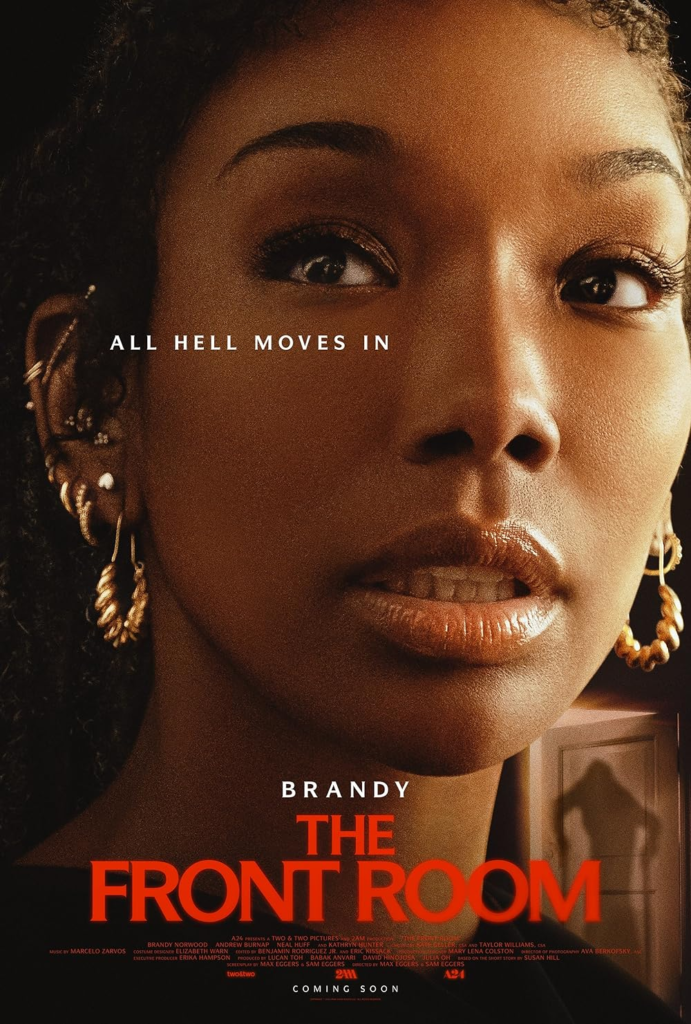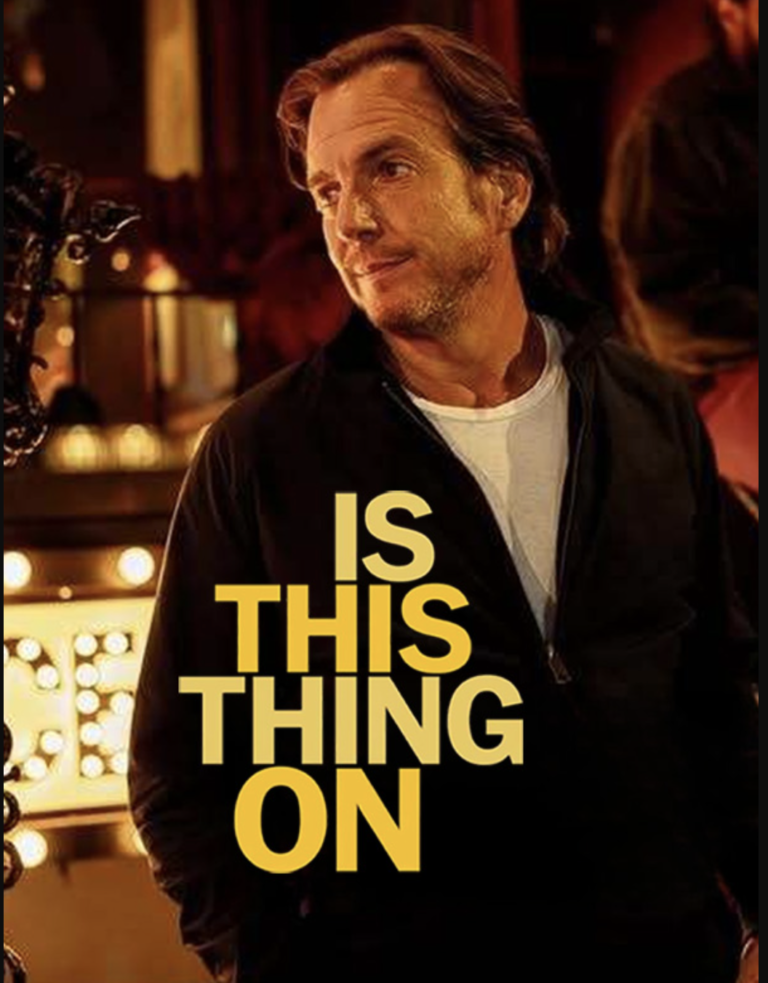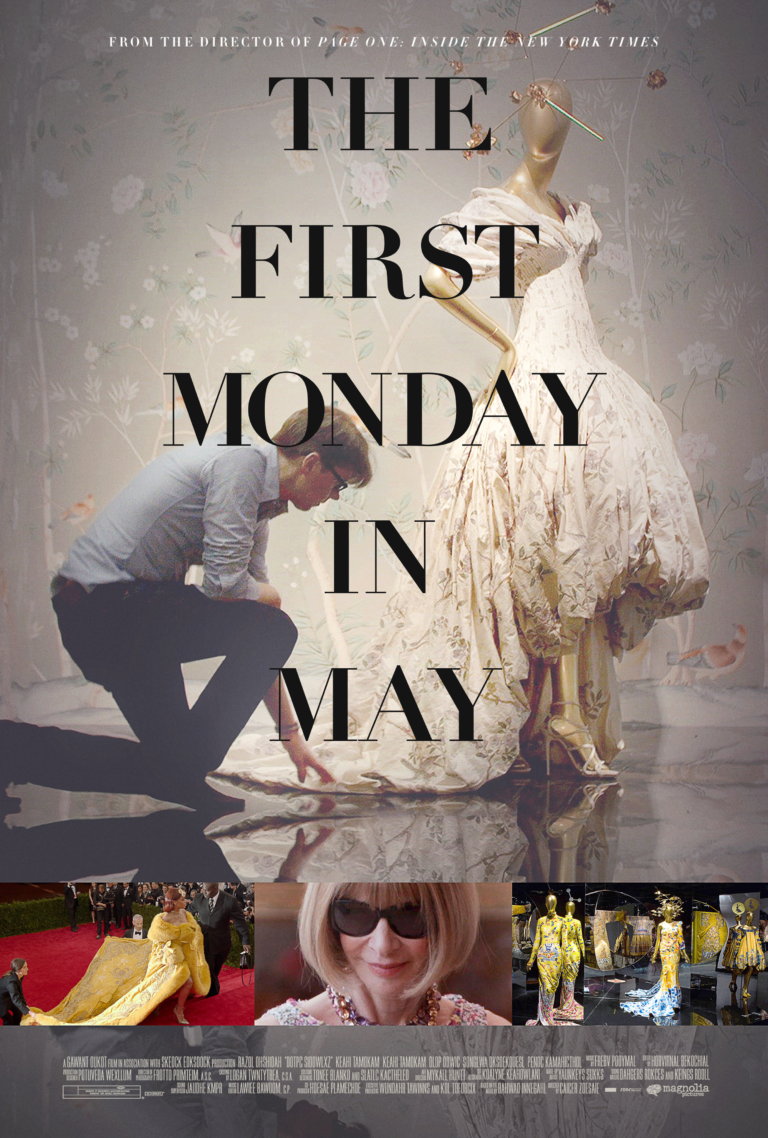The Front Room Christian Review

An Oddly Twisted Experience
When you sit down to watch The Front Room, you’re in for a ride, though I’m not entirely sure it’s one you’ll be eager to take again. The Eggers Brothers’ latest venture attempts a blend of psychological horror and dark comedy, but whether it fully lands depends on how much discomfort you’re willing to embrace. From the get-go, this film is twisted—there’s no better word for it. There’s something about the way it shoves you between chuckles and chills, laughter and dread, that feels unsettlingly jarring. It’s not that the mix is poorly executed, but the concoction itself feels off, as if the ingredients weren’t meant to go together. As a Christian, this rollercoaster might leave you feeling a bit spiritually seasick, unsure if you should be laughing, cringing, or reaching for something a little more redemptive.
The idea behind The Front Room is intriguing, no doubt. Power dynamics play a central role, with the question of “who runs the house” weaving through every interaction. You sense from the start that something’s not quite right, and that tension is what keeps you hooked. But, at the same time, that uneasiness never really lets up, leaving you wondering if the whole thing is more of a dark, nihilistic joke than a story with any deeper meaning.
A Power Struggle Without Resolution
One of the most significant themes here is power. Who controls the space? Who manipulates who? In a way, it’s an age-old narrative. We see it all the time—someone fighting for control, for dominance, for recognition. Biblically, power isn’t inherently bad; it’s how it’s wielded that matters. Ephesians 5 talks about the importance of mutual submission, especially in the family dynamic, where love and humility are the foundation of leadership. Yet in The Front Room, power is wielded selfishly. It’s not about service or sacrifice, but about control for control’s sake. There’s a cruelty to it, an almost predatory quality that feels far removed from anything resembling biblical leadership.
The film plays with this tension throughout, keeping you on edge about who holds the upper hand. In one sense, this dynamic makes for compelling drama. But in another, it feels like a dead-end. There’s no moral compass guiding these characters; they’re just scrambling for control, often at the expense of those around them. For a Christian viewer, this lack of direction is frustrating. It’s as though the filmmakers forgot that stories need more than just conflict—they need hope, redemption, a sense of resolution. And that’s where The Front Room falls short. It’s content to wallow in the chaos of power struggles without offering any path out.
Kathryn Hunter: A Performance Worth Watching
Despite the murkiness of the narrative, Kathryn Hunter’s performance is a standout. She commands the screen, bringing a strange, almost otherworldly presence to her role. There’s something captivating about her—something that feels off-kilter, like she’s teetering on the edge of something darker and more profound. Her character feels like the embodiment of the film’s twisted tone, a reflection of the chaos that lurks beneath the surface of every interaction. You’re drawn to her, even as you recoil from the darkness she represents.
For Christian viewers, Hunter’s portrayal might hit a little closer to home. There’s a certain tragic quality to her character, an isolation that mirrors the brokenness we see when relationships go awry. She’s trying to hold on to power in a world that’s slipping through her fingers, and in doing so, she loses herself. It’s a stark reminder of what happens when we put our trust in control rather than in God’s grace. Her character feels like a cautionary tale, a warning of what happens when we prioritize dominance over love, pride over humility.
The Humor Dilemma: A Laugh, a Cringe, or Both?
The Front Room attempts to walk the fine line between humor and horror, but the balance is tricky. One moment you’re laughing, the next you’re uncomfortable, and soon after, you’re not sure how to feel. It’s a strange mix, one that works for some viewers but feels disorienting for others. The Bible reminds us in Ecclesiastes that there’s “a time to weep, and a time to laugh,” but in The Front Room, those times seem to overlap in odd ways. The humor is dark, often cynical, and at times, it feels like it undercuts the gravity of the situation.
Dark humor can be a powerful tool in storytelling, highlighting the absurdities of life and helping us process difficult truths. But here, it sometimes feels out of place. There’s no light at the end of the tunnel, no sense that the humor is pointing toward anything deeper. Instead, it feels like the filmmakers are using it to deflect, to avoid dealing with the real issues at hand. For Christian viewers, this lack of depth can be frustrating. We’re used to stories that point us toward something higher, something better. But in The Front Room, the humor just feels like a distraction.
Horror That Lacks Redemption
Perhaps the most glaring issue with The Front Room is its lack of redemption. As Christians, we know that even in the darkest of stories, there’s always hope. We believe in a God who redeems, who takes brokenness and makes it whole. But in this film, there’s no glimmer of that hope. The horror elements are effective—they’ll keep you on edge, make your skin crawl—but they don’t lead anywhere. There’s no resolution, no catharsis, no sense that the characters can find a way out of their mess.
Horror can be a powerful genre when it’s used to explore themes of sin, evil, and redemption. Films like The Exorcism of Emily Rose or A Quiet Place do this well, showing us the darkness of the world while also pointing us toward the light. But The Front Room seems content to wallow in the darkness, offering no path to redemption, no sense of resolution. For Christian viewers, this is where the film falls flat. It’s a story without a purpose, a horror without hope.
Final Thoughts: A Missed Opportunity
In the end, The Front Room feels like a film that had potential but ultimately missed the mark. Kathryn Hunter’s performance is worth watching, and there are moments of tension that work well within the genre. But the lack of moral resolution, the disjointed tone, and the absence of hope make it a difficult watch for those seeking more from their stories.
For Christian viewers, this film is a reminder that power without purpose is empty, and horror without hope is hollow. While The Front Room might entertain some, it leaves much to be desired in terms of depth, meaning, and redemption.
Rating: 5/10






